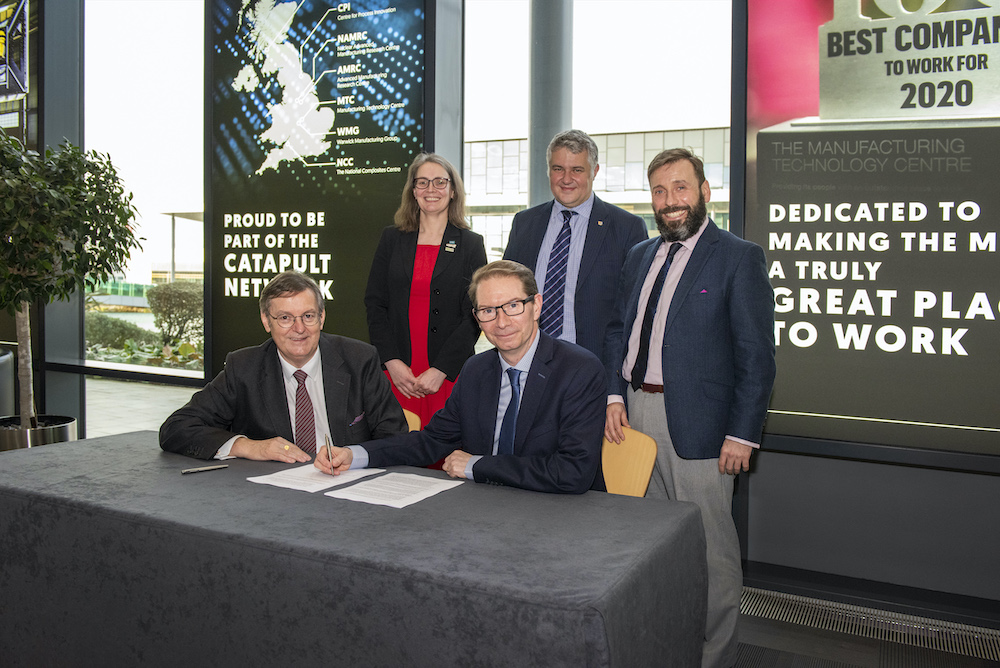
Decarbonisation of the manufacturing sector is set to be the focus of a new research group established by the University of Birmingham and the Manufacturing Technology Centre. The group will bring together the expertise of each institution across the R&D and product development lifecycle, and plans to work with a range of industrial partners.
It will lead research within the field of manufacturing engineering with a focus on sustainable and decarbonising processes including:
- Intelligent manufacturing
- Lifecycle analysis
- Data-driven predictive manufacturing
- Manufacturing digital twins
- Product control and management
- Cyber-physical embedded systems and industrial internet of things
- Industrial photonics
The group will include a new Chair in Sustainable Manufacturing and five manufacturing research fellows.
“The decarbonisation of manufacturing is a significant global energy challenge and one which we will need to address if we are to meet our 2050 net zero goals,” said head of the University of Birmingham’ College of Engineering & Physical Sciences, professor Stephen Jarvis. “The opportunities and potential impact of this partnership are immense.”
The university has made significant recent investment in engineering and the new group will be based in its £85 million engineering complex, which includes the new School of Engineering, the Centre for Rail Research & Education and the National Buried Infrastructure Facility.
Also commenting on the new partnership, MTC chief executive Dr Clive Hickman said: “As an organisation, the MTC is prioritising support for sustainable manufacturing as a key factor in the delivery of net zero. We are actively helping the development of the next generation of green manufacturing technologies which will deliver clean growth.”
He added: “In this country we have a rich advanced manufacturing resource and there is no reason why the UK cannot take the lead in low carbon and sustainable manufacturing. Manufacturing businesses themselves can benefit enormously, both directly and indirectly, either by producing green components like fuel cells or electrolysers for hydrogen, or indirectly by having clean fuels for boilers and furnaces.
“The overall impact on society of a low carbon and sustainable manufacturing sector is considerable.”

